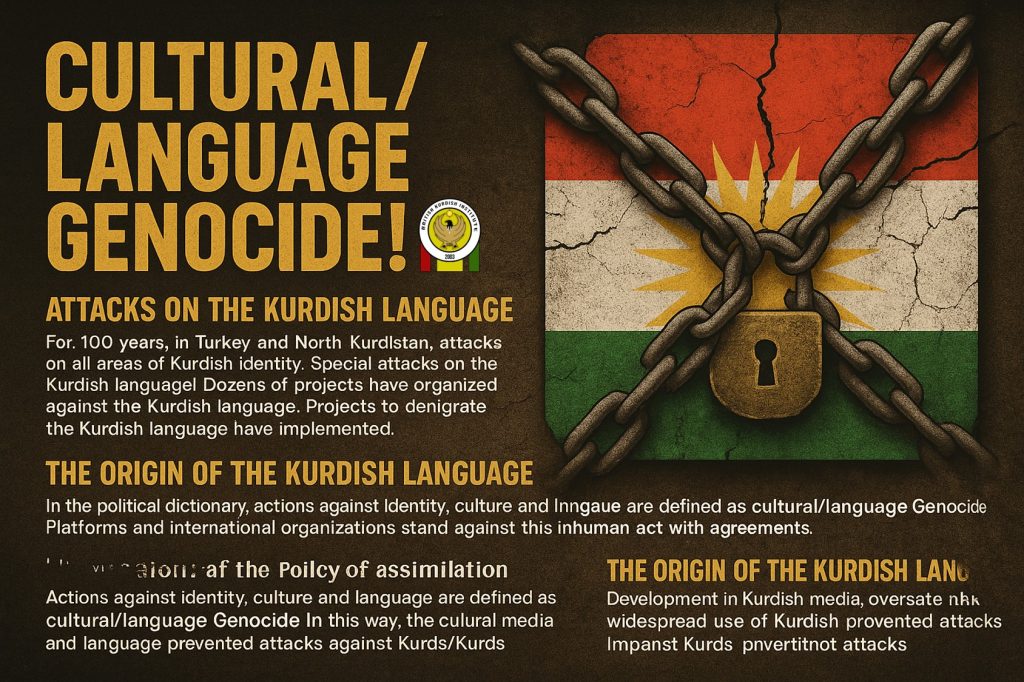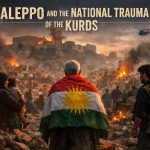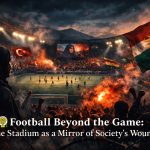For more than a century, Kurds in Turkey and North Kurdistan have faced systematic attacks on their culture and identity. The Kurdish language, in particular, has been a primary target. Dozens of state-sponsored projects were designed to suppress Kurdish, from punishing people for speaking their mother tongue—even with fines—to promoting assimilation policies that aimed to erase Kurdish identity altogether. Yet, despite 100 years of pressure, the Kurdish language has survived as a vibrant, living language.
Cultural and Language Genocide
In political terminology, attempts to erase a people’s identity, culture, and language are defined as cultural or linguistic genocide. International organizations and global agreements formally oppose such practices. However, in reality, the Kurdish people never received meaningful international support against assimilation policies. Instead, the world largely turned a blind eye to this injustice, leaving Kurds to defend their language and heritage on their own.
It was Kurdish parents, communities, and cultural leaders who safeguarded their identity. Their resistance ensured that cultural genocide failed. The Kurdish language remains alive today thanks to their determination.
The Origins and Resilience of the Kurdish Language
With the rise of mass media and digital technology, attacks on the Kurdish language entered a new phase. In Turkey and North Kurdistan, restrictions on Kurdish TV channels, cinema, and other media created further obstacles. Despite this, the past two decades have seen a resurgence of Kurdish media outlets and social platforms. These tools empowered Kurdish voices, allowing them to preserve and spread their language.
Surveys consistently show that Kurdish youth in North Kurdistan demand the right to speak and learn in their mother tongue. This new generation is a driving force in keeping Kurdish alive.
The Kurdish Language Choice Campaign
In recent years, Kurdish organizations such as the Kurdish Language Movement (HezKurd) and the Kurdish Language Platform (PZK), supported by cultural institutions and independent media, have launched strong campaigns for the recognition of Kurdish as a school subject. Students from grades 5 to 8 now have the right to choose Kurdish as their mother-tongue option.
Experts emphasize that children who study in their native language gain deeper knowledge, perform better academically, and develop stronger personal identity. Kurdish parents in Turkey and North Kurdistan are encouraged to use this right widely to empower their children and strengthen future generations.
Kurdish institutions and media outlets continue to promote the campaign, reminding families that preserving Kurdish is both a right and a responsibility.
Protecting the Kurdish Language: A Collective Duty
The survival of Kurdish after a century of oppression is proof of resilience. But safeguarding it for the future requires collective action. Every Kurd, every Kurdistani, and every supporter of cultural rights must take ownership of this struggle. Choosing the Kurdish language in schools, supporting Kurdish media, and speaking Kurdish daily are essential steps in ensuring that the language not only survives—but thrives.
Owning the Kurdish language is not just a personal choice—it is a duty to history, culture, and the generations yet to come.









